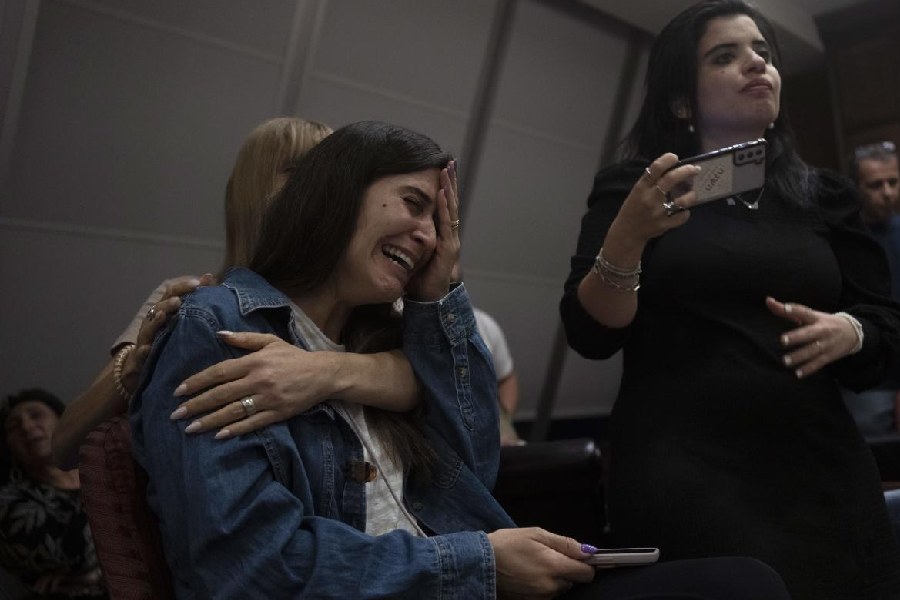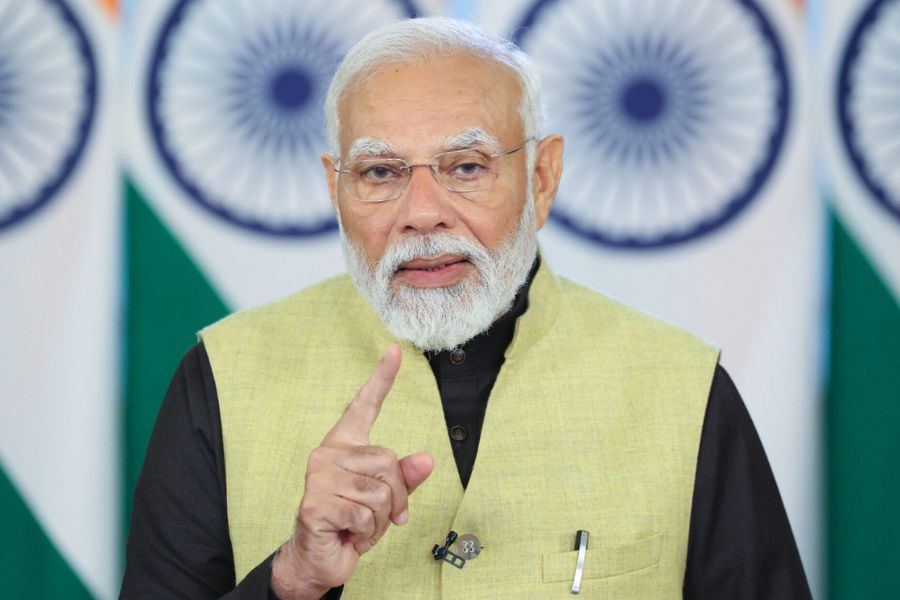Israel’s news sites are compiling their own lists of the dead and the missing. Funerals are taking place all around the country. After a weekend of attacks, confusion and chaos, the scale of the tragedy that has befallen Israel was coming into sharper focus on Monday.
The main television channels were broadcasting the latest news around the clock, interspersed with the harrowing stories of people who had escaped with their lives after hundreds of heavily armed Hamas fighters surged across the border from Gaza in a surprise attack Saturday morning. The gunmen overran villages along the border, killing soldiers and civilians in their path, and took dozens of others, including infants and grandmothers, back into Gaza as hostages.
As the death toll on the Israeli side rose to more than 700, many in the country were describing the events that unfolded on Saturday as their country’s 9/11, or Pearl Harbour. It was a day of dark records: the worst attack on civilians in Israeli history and the deadliest single day in the country’s 75-year history.
Politicians and military officials have tried to deflect the tough questions — how they could have been caught so off guard and unprepared, why families under siege were left to fend for themselves for hours, why official information about hostages has been elusive — saying that now is the time to focus on fighting back.
But flashes of anger are visible among some Israelis over the absence of the state. And the widespread feeling of shock among Israelis over the obvious intelligence failure was compounding the fear of what might yet come.
Israeli officials have said the country is at war with Gaza — launching punishing airstrikes on the blockaded enclave — and on Monday, battles against Hamas fighters in border towns were still underway.
As sirens wailed to warn of incoming rockets on Monday afternoon, mourners at the funeral in Jerusalem of Netanel Young, a soldier killed on Saturday, hit the ground or ran for cover.
Thousands of Israelis have channelled their nervous energy into initiatives to help the war effort. Food and clothing collections have been organised for soldiers and for survivors evacuated from their communities along the Gaza border to hotels and hostels around the country. Mothers have been donating breast milk to feed the baby of a mother whose whereabouts are unknown.
Shay Lee Atari cradled her own infant as she spoke to Israeli television from her hospital bed, describing how her partner had helped her and their daughter escape when gunmen tried to enter their home in the small village of Kfar Aza.
She said she had found shelter in a neighbour’s safe room and waited for 27 hours without food for the baby until they were rescued. Atari said her partner, Yahav Wiener, was missing.
“I really don’t know where our state was,” she said.
“They abandoned us. They were on Twitter,” she added bitterly.
New York Times News Service











